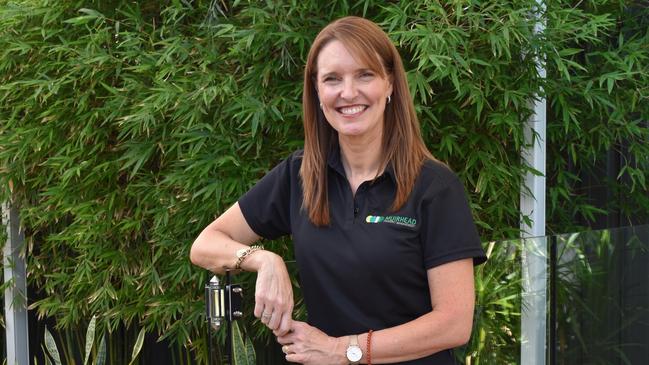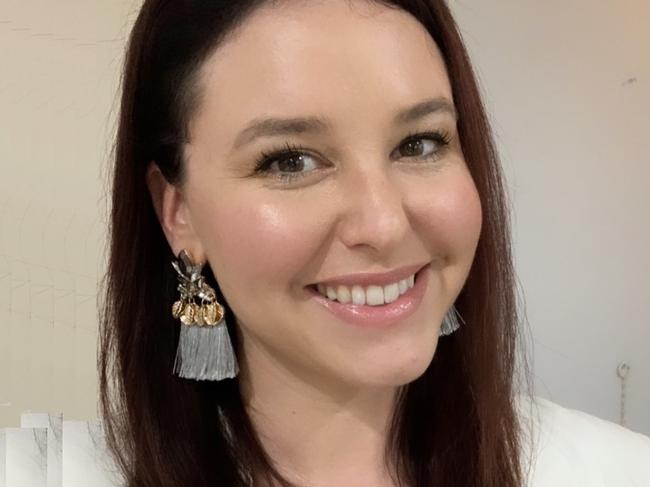Rental property advice for tenants to become winners
Rental markets have improved slightly for tenants but remain tough to crack. Here are ways to find the right property at the right price.
National
Don't miss out on the headlines from National. Followed categories will be added to My News.
Rental vacancies across Australia have eased slightly but remain painfully and expensively tight for tenants.
Finding the perfect place to rent, and affording it, are huge challenges, but experts say there are ways to improve your chances and your costs.
PropTrack figures show Australia’s rental vacancy rates rose slightly last month, up 0.02 percentage points to 1.45 per cent – but remain at almost half the pre-pandemic vacancy rate.
“The rental market eased further in June, providing some much-needed relief for renters,” says PropTrack senior economist Paul Ryan.
He says while more properties are available to lease, demand remains strong.
“It remains difficult to find a rental across the country and we expect rents to continue to grow quickly, placing additional financial pressure on renters.”
SQM Research says there were 2809 extra dwelling vacancies in June, taking the national total to 39,716.
“There is now more evidence that we are past the worst of our national rental crisis, with an easing in vacancy rates recorded for our largest capital cities and a material slowdown on market rent increases,” SQM managing director Louis Christopher says.

“The rental crisis is not yet over and given our ongoing strong population growth rates it is very unlikely we will get to an oversupply of rental properties anytime soon,” he says.
Muirhead Property Management co-founder Prue Muirhead says she has noticed a drop in the number of people at viewings.
“I believe renters no longer can afford the higher rents being asked,” she says.
“In the past, renters would be moving more regularly. In this market, renters are now staying in their properties for a much longer period. The main reason for renters to now move out, or break a lease, seems to be they have purchased their own home, which is great.”
FINDING THE RIGHT HOME
Muirhead says an open inspection can be like an interview, so dress well and be polite.
“Don’t look for a perfect rental but go for something suitable within your means and ideal for your personality,” she says.
“Make sure your rent ledger is clean with no record of late payments for rent or water. Ask your current property manager for a copy so you can look for yourself, in advance.
“Make sure your application is complete with all documents needed and references in order. Property Managers are busy, so if you provide everything first off, there is no delay in presenting your application to the owner.”
A report earlier this year by Finder.com.au revealed that thousands of tenants lie about their incomes, savings or not having pets to impress potential landlords.
Others offer more than the asking price or pay several months’ rent upfront, it found.

Finder money specialist Sarah Megginson says renters are having to exploit every advantage they can.
“Firstly, ask around your networks to see if they know of any rental opportunities where you may get the inside scoop – and pay less than you’d pay than the market,” she says.
“You never know whose parents or aunty or boss might have a rental property and this could help you get the inside scoop on a home before it gets officially listed.
“Whether you’re applying privately or through a real estate agent, give them as much information as you can to make your application as easy as possible to process and approve.”
Megginson says include recent pay slips and a copy of your rental ledger, showing your rental history, with your application.
“Also, adding a one-page resume that outlines your personal situation and your work history can help to put a face to your application, so you can cut through in a very competitive market,” she says.
A GOOD PRICE
Megginson says research an area before negotiating, looking at comparable properties’ rents, although in the current market it may be difficult to demand a lower price.
“But you might be able to negotiate terms that suit you better – like asking for a longer lease term like 12-18 months, to lock in some security,” she says.
“A reliable, long-term tenant offers peace of mind to a landlord, so you can lean on that when trying to sign a new lease.
Muirhead says a reduced rent is unlikely for a popular property.
“Negotiating down might be a thing of the past but you never know unless you ask,” she says.
“If you notice the rental has been available for a little while, this would be a perfect time to offer a slightly reduced rent.”
Originally published as Rental property advice for tenants to become winners





